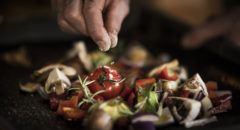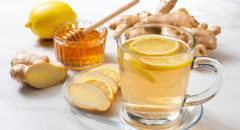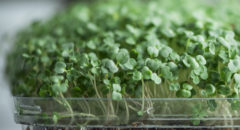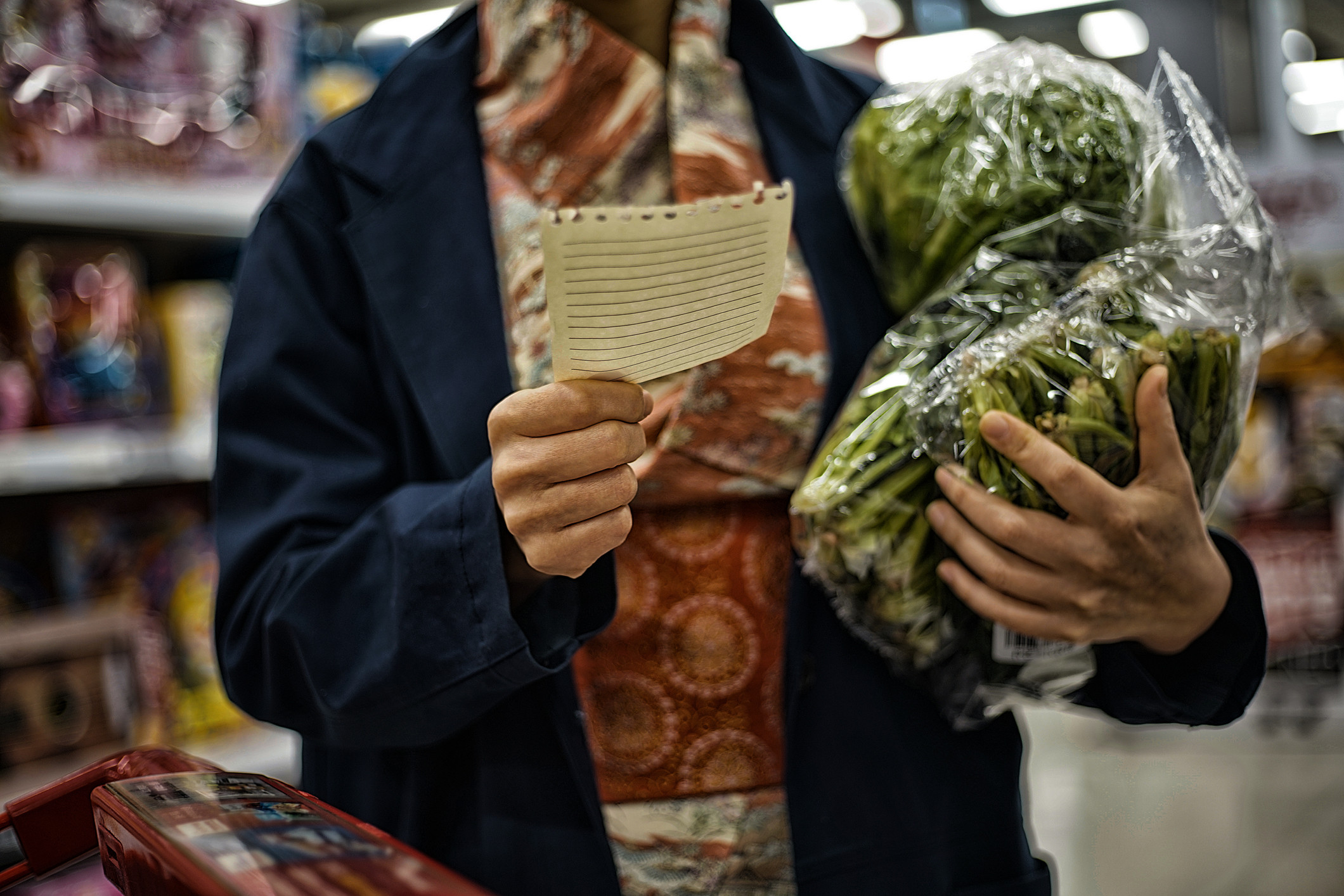 With the growing number of Coronavirus cases, people are getting nervous about quarantine and not being able to leave their house. Then more people become nervous about having enough food for the time that they are quarantined because there seems to be a number of price gauging and items selling out in the grocery store (yes, people are buying up toilet paper, but that's ok).
With the growing number of Coronavirus cases, people are getting nervous about quarantine and not being able to leave their house. Then more people become nervous about having enough food for the time that they are quarantined because there seems to be a number of price gauging and items selling out in the grocery store (yes, people are buying up toilet paper, but that's ok).
But have no fear. The first thing for you to do is breathe. Relax and breathe. Everything will be alright as long as we keep a level head.
In an effort to minimize your fears and allow you to save money wherever possible, here is a list of items one would need to survive an extended amount of time in quarantine.
But before you start shopping, here's what to keep in mind:
- Do not hoard and buy up everything. Remember that there's no need to buy out the stock at your local grocery store. Right now there's no indication that food retailers will be unable to meet the demand of consumers. The only struggle retailers are reporting is having the staff to physically restock the shelves. So relax.
- When shopping, try to wipe down the shopping cart with cleaning wipes or hand sanitizer. Many stores are making this available now more than ever, so if you don't see some by your store, ask someone who works there for something to wipe it down.
- Think about shopping at off-peak times. If you’re working from home, your schedule is likely a bit more flexible.
- Make a shopping list of what you need. How many times do you find yourself mindlessly wandering around looking for something? Making a full list will help limit the time you’re in the store.
- What meals will last? What meals make good leftovers?
- If you’re unable to consume it within four days, freeze it until you’re ready to eat the rest. Use caution buying food, which might have been handled by others – example: the produce section. It might be a good idea to go with prepackaged/frozen items.
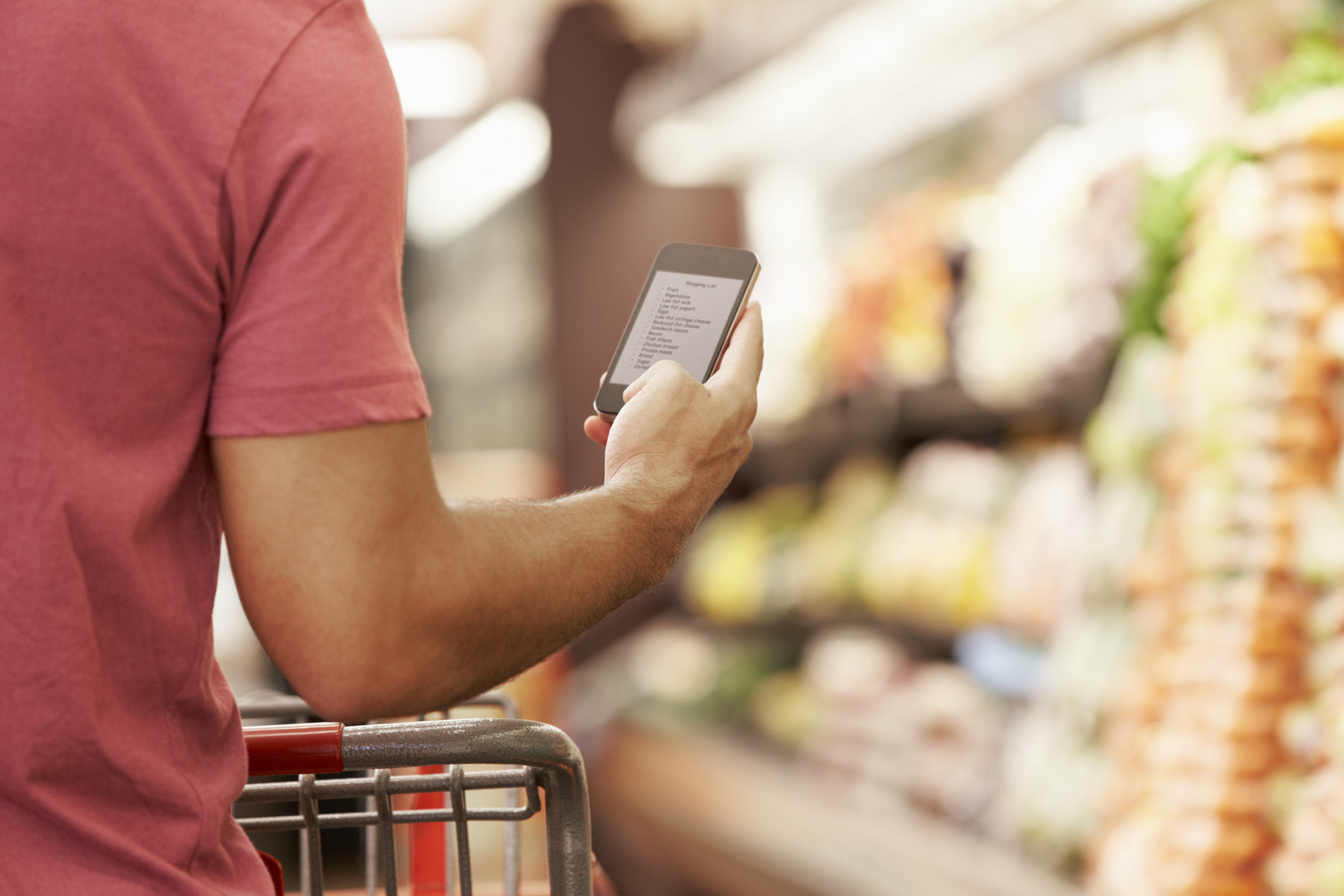
Shopping List (full list):
Beans and legumes
Reach for these on your next trip to the store, because they're not only long-lasting but also a great starting point for a nutrient-rich meal. "Beans and legumes are excellent shelf-stable sources of plant protein," Pike said.
Chickpeas or lentils for example, can be mixed with salads and pasta dishes, or used in soups and stews. They can also be used for making homemade hummus.
Canned fish
Canned or vacuum-packed protein sources like tuna or salmon are also highly nutritious, and offer a boost of heart-healthy omega-3 fatty acids.
Nut butters
These are a great source of protein and healthy fats, and pair well with lots of foods, from crackers and breads to apples and bananas. Sun butter, which is made from sunflower seeds, is appropriate for those with peanut or tree nut allergies.
Whole-wheat and bean pastas, quinoa and brown rice
These are the nutrient-rich grains to stock up on, and they can be used as a side dish or mixed with proteins and vegetables.
Steel-cut oats
I know, they are not the best tasting, but you can cook oats and... add savory toppings like grated cheese, sundried tomatoes or even eggs for a quick, nutrient-rich meal. And it fills you up quick.
Eggs
Note that while eggs do require refrigeration, they still have a longer shelf-life than most refrigerated foods and can be very versatile in sauces, breads, and other dishes as well.
High-fiber cereal
A high-fiber, high-protein dry cereal like Kellogg's Special K protein cereal or Kashi's GO cereal with low-fat milk can also come in handy as a quick mini-meal.
Canned, sugar-free fruits and vegetables
Stocking up on canned vegetables, canned fruit and applesauce without added sugar is also wise. Be sure to rinse canned vegetables to get rid of extra sodium. Don't forget your canned sauces like pasta sauces. They are usually inexpensive and lasts for a long time unopened.
Dried fruit, popcorn and yes, chocolate
Dried fruits like prunes, apricots, raisins, cranberries, figs are a sweet source of iron, fiber and antioxidants. They can be combined with nuts like walnuts, almonds, cashews, pistachios, peanuts or pecans. Sunflower seeds or pumpkin seeds are also a tasty nutritious option, and can be used for DIY trail mixes.
Popcorn is also a great source of fiber, and you can sprinkle some Parmesan cheese on top to turn it into a savory snack or add dried fruit or mini chocolate chips for added sweetness.
Don't feel bad about getting a stash of chocolate. Try to go for dark chocolate, which is rich in anti-aging flavanols.
Water, shelf-stable milk and coffee
Remember, in addition to stocking up on foods it's important to stay hydrated.
"The general rule of thumb for emergencies is to store at least one gallon of water per person or pet per day and to have a three-day supply handy. However, if you typically drink tap water or have some sort of filter, I wouldn't worry about buying copious amounts of water," said Alyssa Pike, a registered dietitian and manager of nutrition communications at the International Food Information Council in a CNN.com interview.
Milk is also a good source of calcium and immune-boosting vitamin D, but it doesn't necessarily have to be refrigerated.
What to buy for your freezer:
Bread, deli meat and fresh seafood
Remember, fresh foods can be frozen, which will allow you to enjoy them at a later date, so take full advantage of your freezer, including for foods that freeze well but that you might not typically freeze, such as milk, deli meats and breads.
Consider freezing:
- fresh fruits and veggies - Research has revealed that frozen fruits and vegetables can have just as many vitamins -- and sometimes more -- as compared to fresh.
- shredded cheese
- opened sauces
- fresh fish
- chicken and beef
Frozen strawberries, blueberries and peaches can be used for smoothies, while spinach, broccoli, carrots, cauliflower, asparagus and green beans can be used as a solo side dish or mixed with pasta or rice.
Packaged foods help meet the nutrition needs of many of us, including vegetarians, as well as those who have special dietary restrictions.
"For vegans and vegetarians, packaged alternatives are a good option," Pike said, including items such as frozen bean burritos, frozen veggie burgers and frozen veggie pizza.



